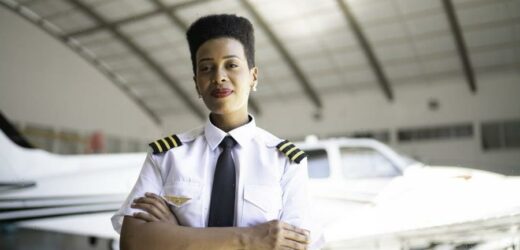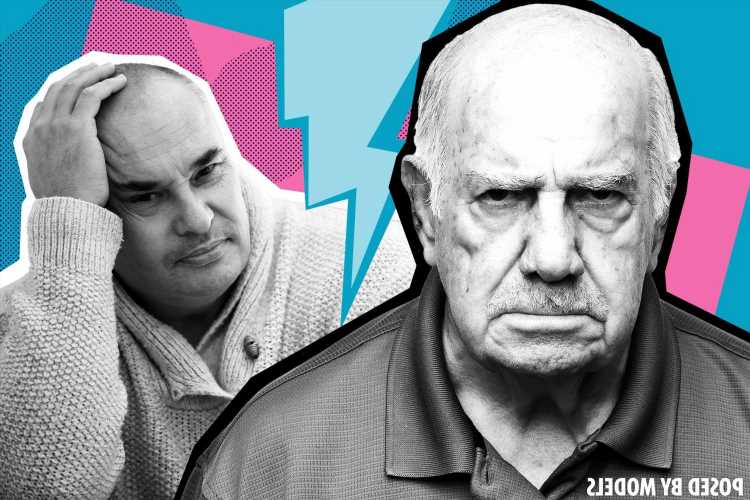Pilot shortages in the United States have reached their highest level in recent memory, forcing many airlines to cancel thousands of flights just as travel demand rebounds after more than two years of the COVID-19 pandemic.
For decades, the aviation industry has carried the reputation of being overtly male and white. At least 95% of the pilots employed in the United States are men.
Now, some airlines are now making efforts to attract the next generation of pilots, including women and people of color, who have historically been underrepresented in the industry. Just a mere one percent of airline pilots are Black.
Collaboration with Historically Black Colleges and Universities(HBCUs) could be one solution. Delta recently announced a partnership with Hampton University to train the next generation of African-American pilots. Hampton became the first historically black college or university to join Delta’s Propel Collegiate Pilot Career Path program in the hopes of addressing the aviation industry’s pilot shortage and diversity issues.
Florida Memorial University, one of the few HBCUs in the country with an aviation program, wants its students to not only diversify but also excel in the aviation industry.
“We want to be a pipeline for Black pilots,” William McCormick, chairman of Florida Memorial University’s board of trustees, told NBC News.
McCormick, an FMU graduate, recognizes that costs can be a significant barrier for students. Flight school programs can cost around $70,000 for experienced students and even more for students who have never flown before. That is why school administrators are counting on community partnerships.
According to NBC News, local inventor Freddie Figgers said he believed in the university’s plan and teamed up with Black car dealership owner Vince Young to donate $50,000 to the aviation program.“When I learned about how outstanding the aviation program is at Florida Memorial, we at the [Figgers] Foundation felt the need to help,” he said.
Figgers is the owner of the nation’s only Black-owned telecommunications company. “I understand the road to becoming a pilot is long and hard and carries a large price tag. We as a community have to do our part to change the numbers and give our kids a chance to be great,” he added.
It is estimated that 34,000 new pilots will be needed by 2025.
Source: Read Full Article


